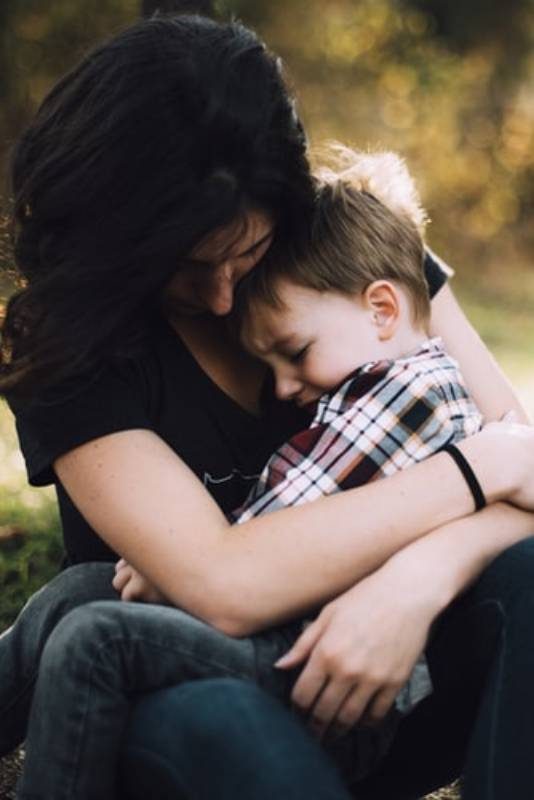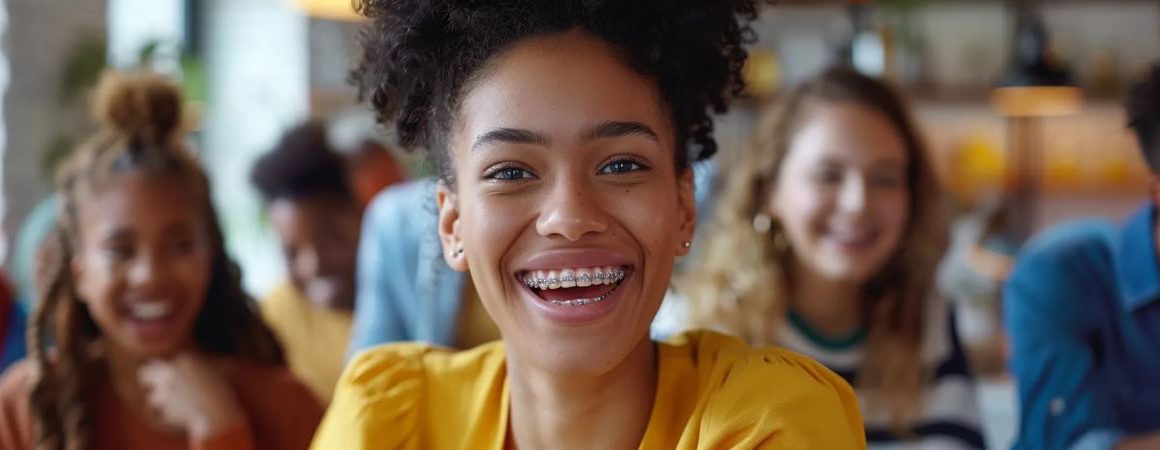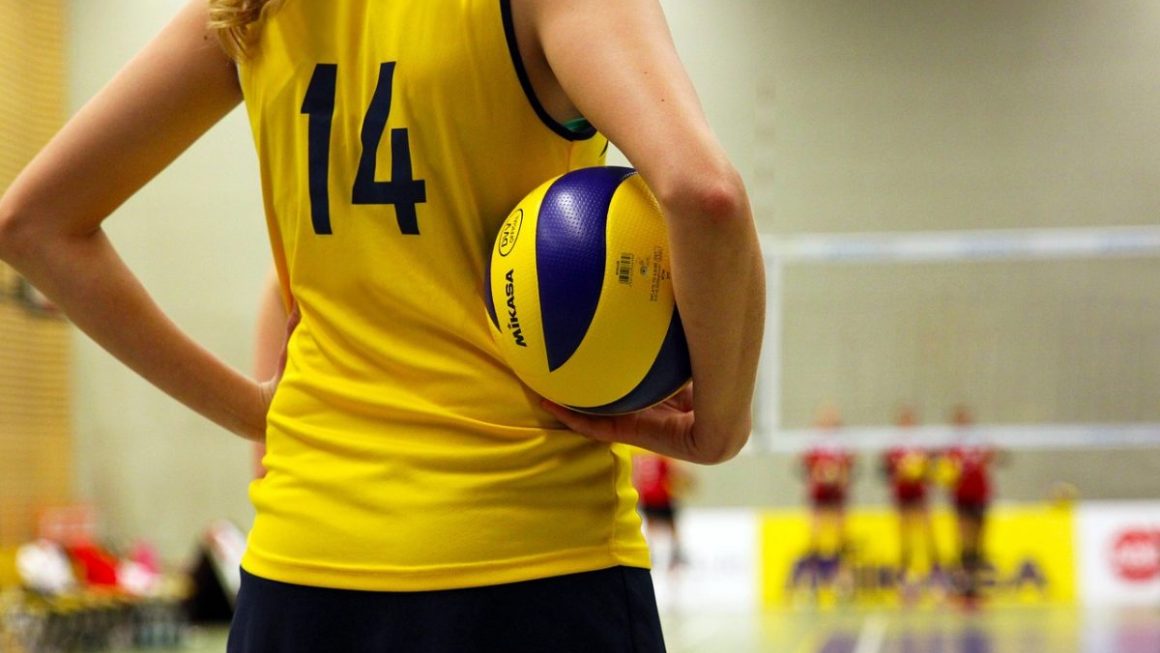Children Mental Health: With the closure of schools and daycares in some countries and the children’s lack of contact with their friends and extended family, the adversities of the COVID-19 crisis can have an impact on children’s mental health.
My kids should be taking exams, but it’s all on hiatus. We try homeschooling, but they lose their motivation. We can’t supervise them all day because my wife and I have to balance our work from home. They inevitably end up using their mobile devices for a long time and we are concerned about the long-term consequences. ”
SPEAKING IS ESSENTIAL
How we tell them about COVID-19 is the first step in helping children’s mental health, be safe, and take care of children’s mental health. The parents need to sit down and talk with their children about the current situation, not to mention the amount of information that children of different ages can absorb and the type of content your kids can absorb. see or hear the news.
“It is important to give them accurate information about the impact of the situation on them and to let them know that as a family they can clear up any misunderstandings or concerns they may have. It may be easier to talk while they are doing an activity like painting or cooking dinner so that they don’t feel pressured, ”the experts say.
Other children may also worry about the effect this uncertainty will have on their future. Even if you don’t have the answers ready, it’s important to start talking to them about their feelings so they can feel your support.
Also Read: How To Cure Covid 19 At Home: Healthy Tip To Follow
KEEP SOCIAL CONTACT
Children need their friends as much as adults. In a study of 100 children, aged 10 to 12, it was concluded that those who had friends to talk to during an unpleasant experience reflected low levels of the stress hormone cortisol. On this basis, those who do not go to school or do not attend birthdays, face difficulties due to the lack of social contact.
Let your kids know that you miss your friends and family too, so they know that it’s okay to have these feelings and they’re not the only ones.
Keep in touch with friends and family through text messages, phone calls, or video calls. This way, they’ll feel connected with other people outside of the family nucleus, while still leaving older children some privacy and space for them to reunite with their friends.
GET IN MOTION
Physical activity has been shown to help maintain mental health. In 2013, a study published by the Journal of Clinical Endocrinology & Metabolism found that active children had lower increases in cortisol levels than inactive children when exposed to stressful situations.
Exercise increases the production of endorphins which neutralize the stress response, which can damage the immune system.
FIND TIME TO PLAY
Play is an important learning tool and a means of expression for children, and it is more important than ever. Improve the immune system, and increase blood levels. oxytocin also called the hormone oxytocin. happiness “in the brain.
Children can also play with breathing exercises, which relax the nervous system, using a straw. Inhale deeply then exhale to make a bubble. Watch as the bubble bursts disappear and relax. Repeat the exercise until you feel calmer.
KEEP CALM
Adults must first take care of their mental health and stress levels. One of the most important things to do during this crisis is for parents to be kind to themselves. Remember that you are doing the best you can under the circumstances and that taking care of yourself is important.




